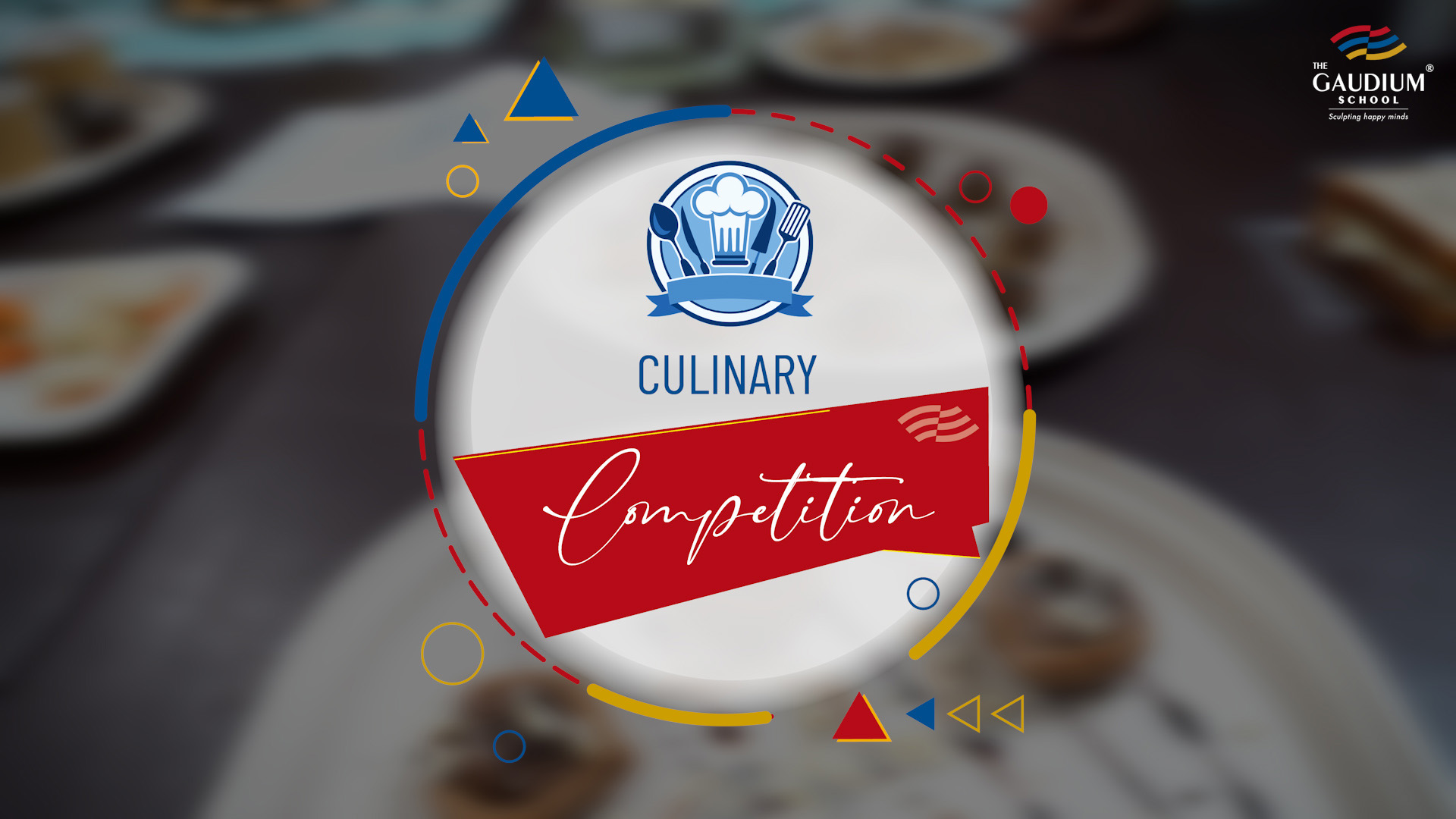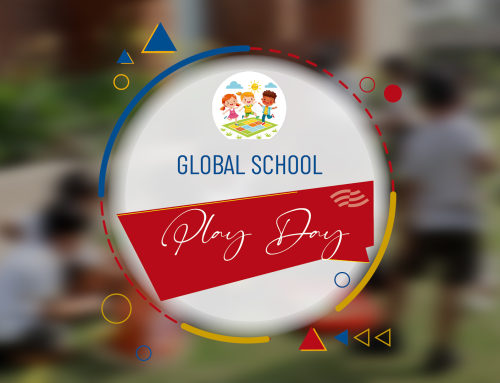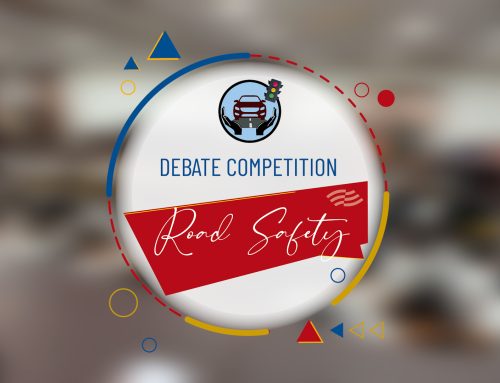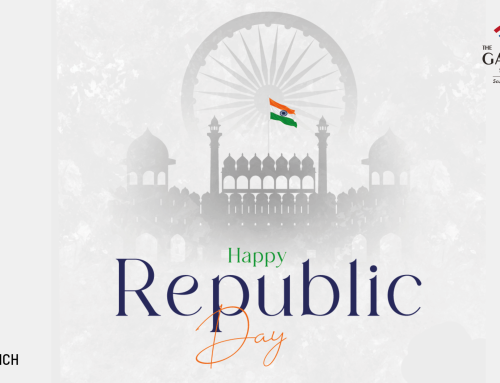The celebration of festivals in educational settings offers far more than mere enjoyment—it provides invaluable opportunities for students to gain deep cultural insights and develop a profound understanding of their heritage. At The Gaudium School, this philosophy came alive through a spectacular two-day Diwali culinary extravaganza that transformed the festive spirit into a meaningful learning experience. When students engage with festivals like Diwali through hands-on activities such as cooking, they don’t just learn recipes; they absorb the stories, traditions, and values that have been passed down through generations. This immersive approach to cultural education helps young minds appreciate the significance of festivals beyond their surface-level celebrations, understanding the historical context, spiritual meaning, and social importance that make these occasions truly special. By participating in such events, students and teachers alike came together to showcase their creativity, teamwork, and passion for cooking, creating an environment where cultural knowledge is not merely taught but experienced and internalized.
The first day of this remarkable celebration saw middle and high school students enthusiastically participating, presenting innovative dishes and delightful treats that reflected both traditional flavors and contemporary creativity. The event not only encouraged their culinary skills but also nurtured essential qualities like creativity, collaboration, and healthy competition—values strongly believed in at Gaudium. What made this experience particularly enriching was how it transformed abstract cultural concepts into tangible, sensory experiences. As students worked together to prepare festive dishes, they engaged in conversations about ingredients that hold symbolic meaning, cooking methods passed down through families, and the significance of sharing food during celebrations. This hands-on engagement creates lasting memories and deeper understanding than any textbook could provide, allowing students to connect with their cultural roots in a personal and meaningful way.
The following day witnessed teachers participating in the festivities, adding their own creative twist to the celebrations and demonstrating that learning about culture is a lifelong journey that transcends age and position. It was wonderful to see the same energy and creativity from educators, reflecting the vibrant and inclusive culture of the Gaudium community. When teachers participate alongside students in cultural celebrations, they model the importance of remaining connected to one’s heritage while also showing that festivals are opportunities for innovation and personal expression. This shared participation breaks down traditional hierarchies and creates a sense of collective identity within the school community, where everyone—regardless of their role—is united in celebrating and learning about cultural traditions together.
Events like these go far beyond just cooking; they serve as powerful catalysts for strengthening community bonds and fostering a sense of belonging among all members of the school family. They cultivate confidence, innovation, and joy while bringing the entire school community together in celebration, creating shared experiences that form the foundation of lasting relationships. When students and teachers collaborate in celebrating festivals, they build bridges of understanding and mutual respect that extend well beyond the event itself. These celebrations create a microcosm of the larger society, teaching students the importance of community cohesion, collective joy, and the bonds that unite people across different roles and ages. The communal nature of festival celebrations—particularly those centered around food—reinforces the fundamental human need for connection and belonging, teaching students that their individual contributions matter and that working together toward a common goal creates something far greater than what any individual could achieve alone.
At The Gaudium School, there is immense pride in creating opportunities where students and teachers can express themselves, build lasting memories, and celebrate festivals in a meaningful and engaging way. The Diwali culinary event was truly a reminder that learning can be fun, creative, and celebratory, strengthening bonds and spreading smiles across the Gaudium family. Such initiatives demonstrate that education at its finest is holistic, encompassing not just academic knowledge but also cultural wisdom, social skills, and emotional intelligence. By embedding cultural celebrations into the school calendar and giving them meaningful expression through activities like cooking, The Gaudium School ensures that students graduate not only with strong academic credentials but also with a deep appreciation for their cultural heritage, an understanding of the importance of community, and the ability to forge meaningful connections with others—skills that will serve them throughout their lives as they become global citizens who remain rooted in their traditions.








Leave A Comment